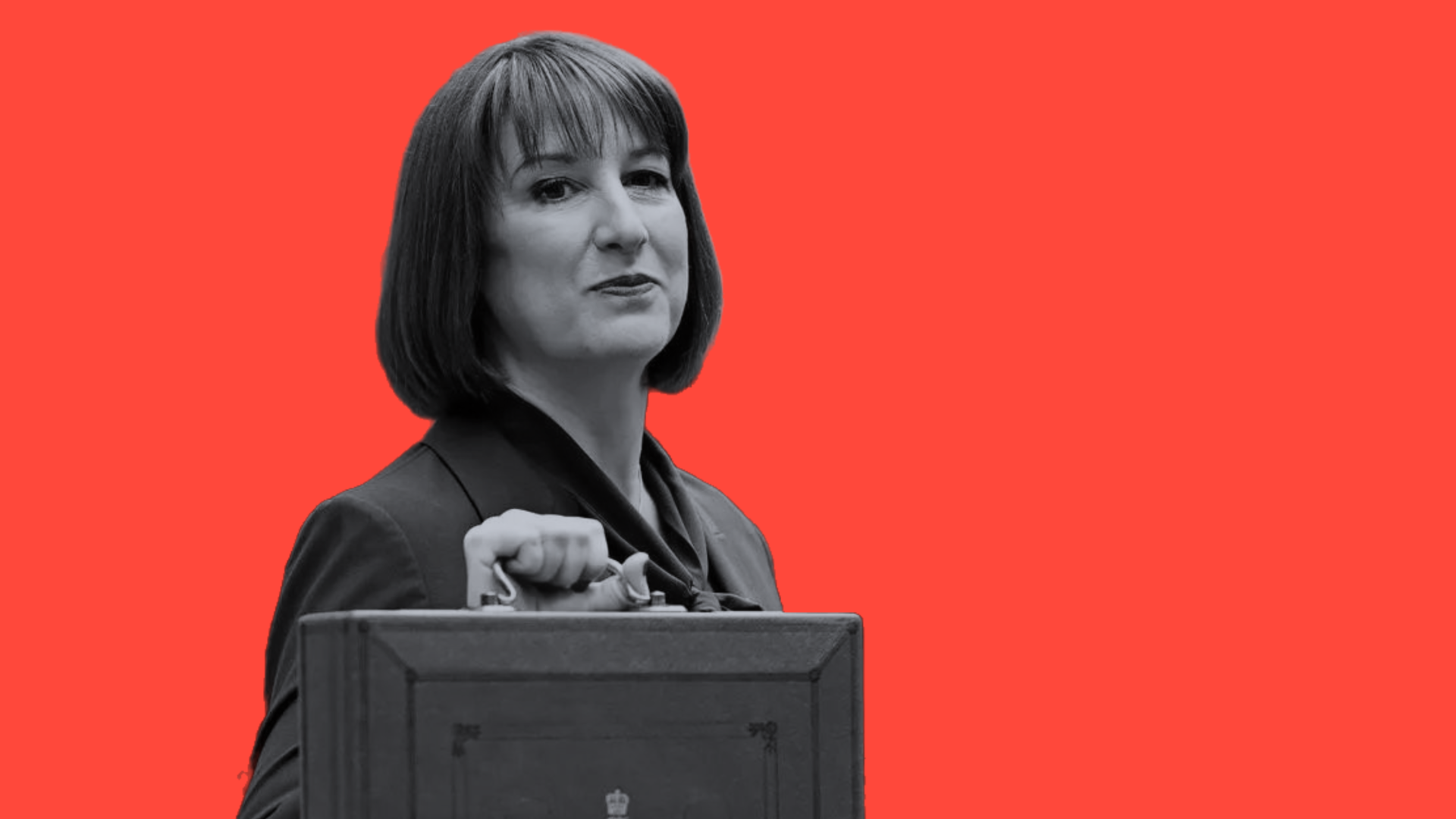FIFA Club World Cup – a masterclass in misguided brand strategy

It could hardly fail, could it? The world’s most successful football teams, biggest name players of the planet’s number one sport, gathering for a few weeks over the summer to play for the title of number one club in the world in stunning stadia across the most sports mad nation in the world. A surefire recipe for success.
Or not.
As Donald Trump photo bombs the winner’s celebrations it’s clear what the value proposition for FIFA has become. It is successfully using football as a tool for political sports washing, to represent the interests of nation states, sovereign wealth funds, and ultra-high net worth individuals.
The letters FIFA still exist, but today’s iteration is far more a Federation for International Football Ascendency aimed squarely at using the game to garner positive global headlines for the purchaser and so driving up revenues for FIFA. The organisation has repositioned itself while still using the clothing and purpose of football as a bone to throw to the masses.
And all this has been done in plain sight and it’s obvious to investigative commentators like your good self but harder to either a) detect or b) accept, by those who simply want to love the game. Here there is a willingness to ignore the uglier side because it is after all ‘the beautiful game.’
But is this what the product deserves? And what did FIFA get wrong?
Because we’ve seen stadia barely half full, players and fans complaining of stifling heat, rumours abounding of US immigration officials scouring stadia for people to deport and a widespread lack of interest even among the most passionate football fans – it’s fair to say the event is not the success FIFA had hoped for.
This isn’t for want of trying. FIFA put up a $1bn prize for the winners, paid teams significant sums to enter, bent the rules to squeeze in superstar Lionel Messi’s team and ran extensive marketing campaigns across the globe to try to build interest. But to no avail.
FIFA’s struggles here provide a vivid lesson for those leading brands. No matter how much of a legacy you have – FIFA is of course known for its football World Cup, the largest and most successful sporting event in the world and no matter how much money you throw at it, if your fundamental value proposition is wrong, if you’re selling something people don’t want, it will fail
Cautionary tales
A maximum of two teams from each country can complete, which means the event will only ever be of interest to a small fraction of the world’s football fans. Manchester United and Tottenham Hotspur supporters don’t care about a tournament their team isn’t in, even if local rivals Manchester City and Chelsea are. FIFA’s value proposition with this tournament is simply not strong enough.
The corporate world is full of once-dominant names that declined after making similar miscalculations. Look at Yahoo. A leader in the early day of the Internet, it unwisely passed on the opportunity to buy Google, and then decided social media was a passing fad. It failed to anticipate what its audience wanted, and faded.
Similarly, Gap was cool in the 90s. Its classic hoodie was everywhere you looked. But it didn’t evolve. Or when it did it made the wrong decisions. It didn’t give people something they wanted, and it has stagnated for two decades.
Be indispensable
This isn’t about branding. Relevance cannot depend on rebranding alone. A brand’s true staying power lies in its ability to answer one essential question: “How do we remain indispensable to customers?” The answer is very much embedded in a brand’s value proposition; it’s more than a tagline—it’s a commitment. Successful brands actively live and breathe their promise, embedding it into everything they do.
Take LEGO as an example. In 2004 it was on the brink of bankruptcy when it appointed Jorgen Vig Knudstorp as CEO. He took it in new directions. From stores like playrooms, to movies tie-ins, and theme parks, these were directions people were interested in, and the firm thrived, sales rising sixfold to nearly $3bn a year.
Mattel is another great example. When Ynon Kreiz became CEO in 2018 he could have quietly retired Barbie to a quiet pasture full of once popular but now dubious cultural icons. But he didn’t. Instead, he and his team worked out how to reinvent Barbie for a new generation. The Barbie franchise is today a cultural phenomenon and runaway commercial success for Mattel.
Three Lessons to Stay Relevant in a Changing World
Whether managing a tech firm, toy manufacturer, clothing retailer, global sporting organisation or any other major brand, staying relevant requires a focus on these three strategies.
Firstly, consistently reassess the relevance of your value proposition. Phil Knight, Nike’s Co-founder, famously emphasised the importance of continuously revisiting a brand’s value proposition. FIFA would do well to adopt this principle. It wants to expand football across the world, reaching countries like the US – but to do that it needs to listen to what American sports fans want and adapt its proposition accordingly.
Secondly, prioritise customer-centric engagement. It’s no longer enough simply to describe value, fundamentally it must be demonstrated. Organisations that deeply understand and address the needs of customers consistently outperform those that don’t.
Finally, encourage adaptability and innovation. Traditions are important, however adaptability is essential for survival. The world isn’t waiting, and neither are your customers. The brands and institutions that will relevantly succeed tomorrow will be those that adapt today for tomorrow. Whether through refreshed value propositions, empathetic customer engagement, or fearless innovation, the path to lasting relevance is clear.
Where next for FIFA?
So, what should be FIFA’s value proposition? And yes, I appreciate that if fans heard that phrase they’d be throwing teacups at the wall! In my view it has to be something to do with why people fall in love with the game. It’s about the pure idea that any team could win. Forget the idea of who will win, it’s about a dream. It’s about possibility. It’s about magic.
The proposition has to be built on fairness, access, and a fan’s belief that they could be there. And as football chips away at this proposition – no player signings or selfies; limited access for local fans; no entry to competitions – so the simple truth of football as a game for all is destroyed and the business (dirty word) is eroded.
And if FIFA fails to learn these lessons, then there is an upside for fans: ticket prices have plummeted from $230 in January to a reported $13 this week – for a semi-final! In fact, FIFA has became so desperate to fill stadia, it partnered with Miami Dade College, offering students tickets for as little as $4. So, for students in Miami who want to watch the world’s best footballers, the Club World Cup is proving an unexpected bonus.
Then again, we’ll all be back next season. Or will we?




